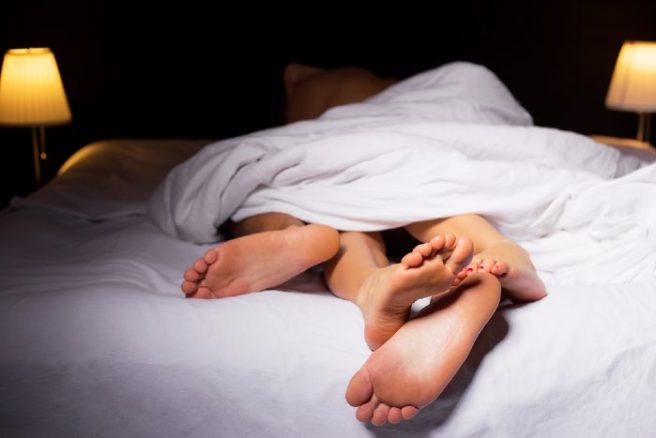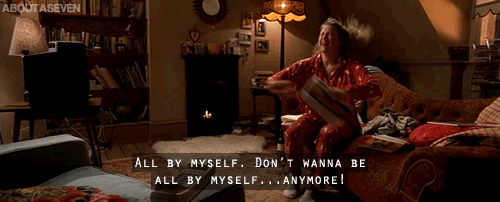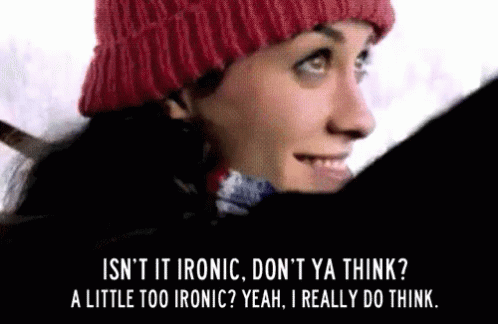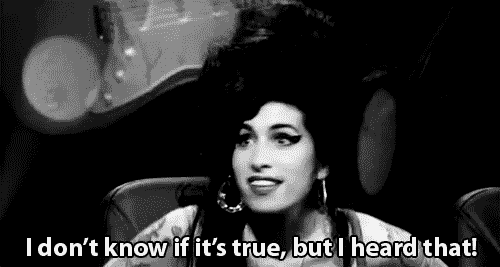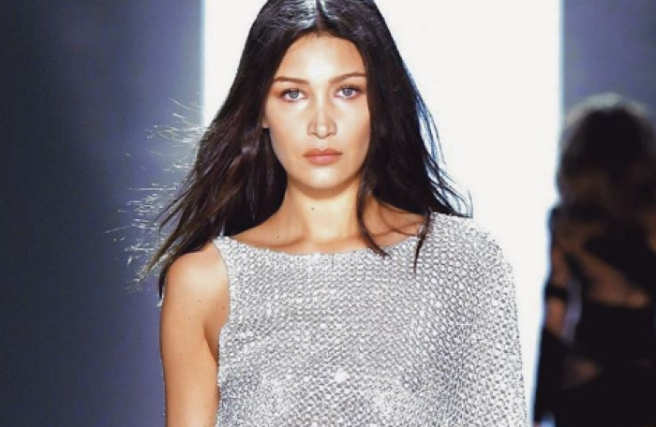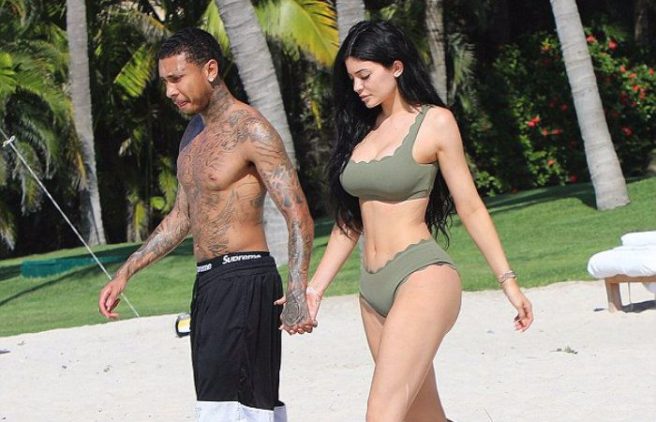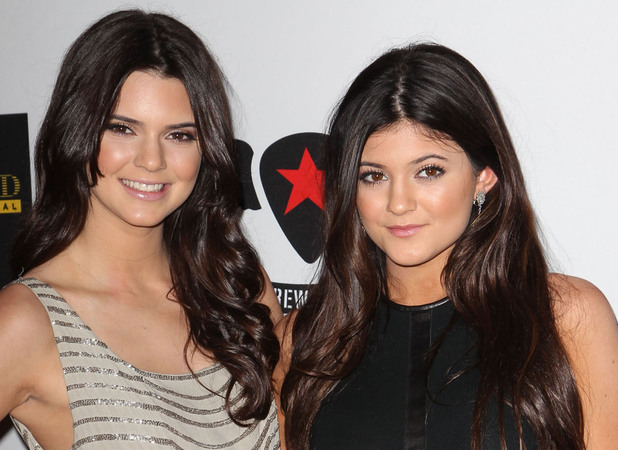
COMMENT: Why #SquadGoals makes sense the OLDER you get
As children, queries were often made by well-meaning adults into the existence of a best friend.
When conversation over our newest toy began to stall, the grown-up in question would get stuck into the 'best friend' line of questioning, and hope we'd give them enough info to work with.
"And what's your best friend's name?" "And what do you play together?" "And would she say you're her best friend as well?"
Put in its simplest terms, a best friend helped us to define ourselves when we weren't quite sure what we were all about.
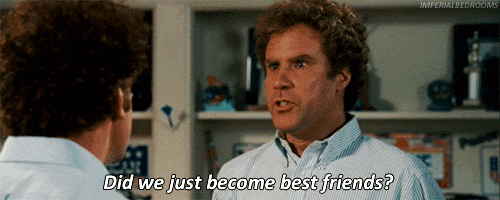
As kids, having a best friend was often paramount. Losing a best friend to a new school was traumatic. But realising your friendship was based on little more than synchronised class timetables was always especially devastating.
As teenagers many of us fell into the trap of assuming that those whose year groups and lifestyles coincided with ours automatically made them worthy contenders for the role of BFF.
And then we left school, started college, took the first step into our chosen careers, and ultimately realised that timing and circumstance have very little to do with the maintenance of a friendship.
While #SquadGoals back in the day might have meant you shared a locker and saw the inside of each other's homes on a regular basis, the term took on a much greater, more profound meaning as you branched out, and began embarking on your own path… by yourself.

Friendships were no longer based on a mutual dislike for a teacher or a mutual admiration for a singer, friendships ran so much deeper.
Friendships became healthy doses of tough love, tearful 4am phone calls, heartfelt meeting of minds, and the acknowledgement that this person has seen you at your worst, and will still hold your hair back.
And realising that the people you once called friends were merely people to pass the time with until your real mates showed up can be jarring, but it's by no means unique.

Days, weeks or even months might pass before you and your friend would get a chance to properly catch up these days, and yet you know their support is unwavering, their belief resolute and their encouragement persistent.
While Taylor and the crew may have sullied the term, and social media may consider it as 'basic' a concept as Uggs and Pumpkin Spice Lattes, there's a lot to be said for truly believing the people you have surrounded yourself with as an adult – and the friendships you have cultivated with them – are worthy of aspiration.
Oh, and while we have you; don't forget to have your say in the inaugural SHEmazing Awards this May! Crown the person who has been by your side through thick and thin, and never asks for anything more than a vino top-up in return, and do it right here!







